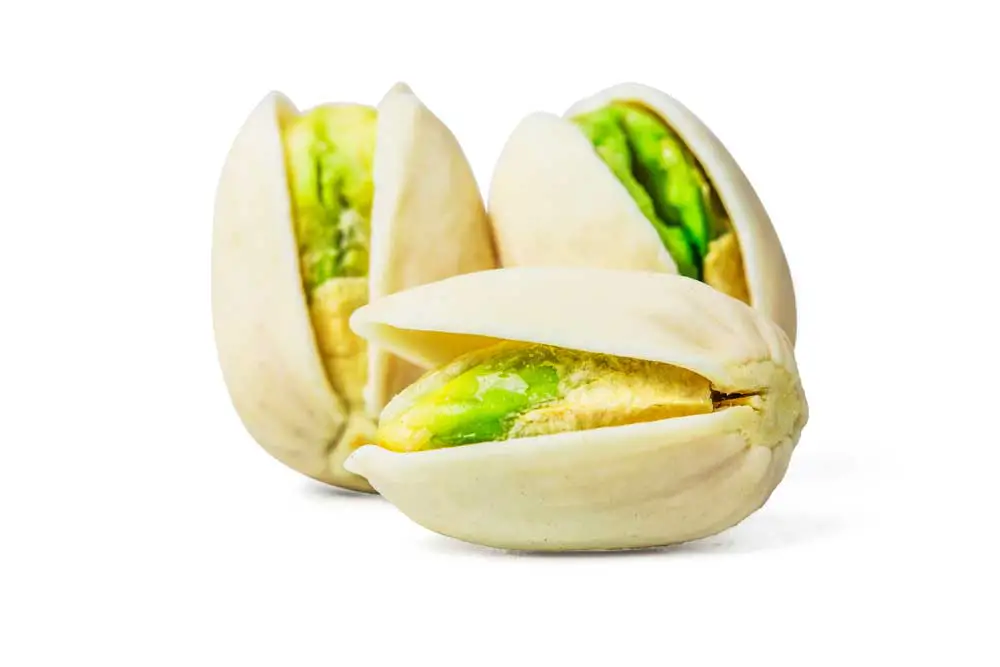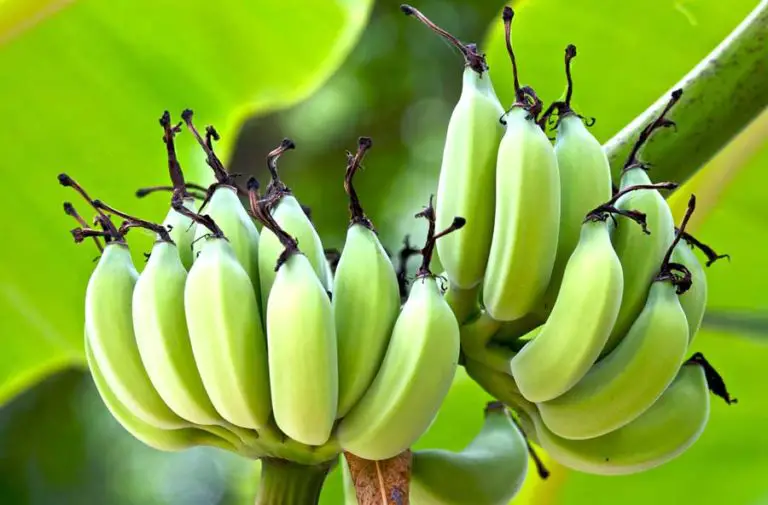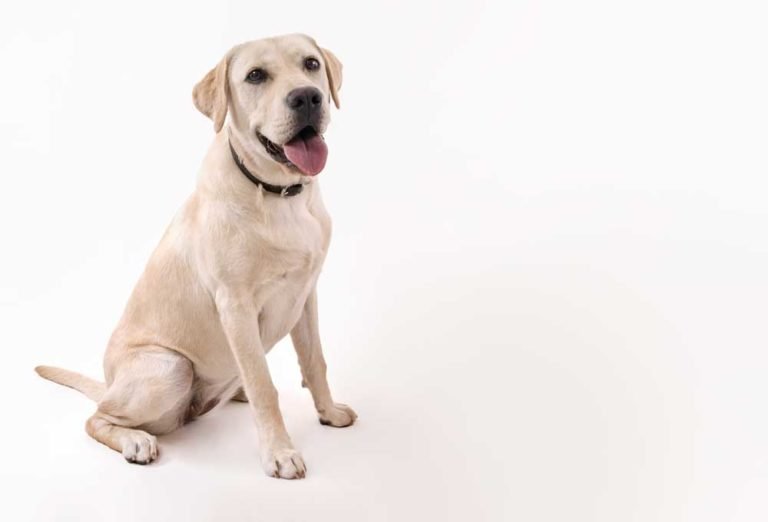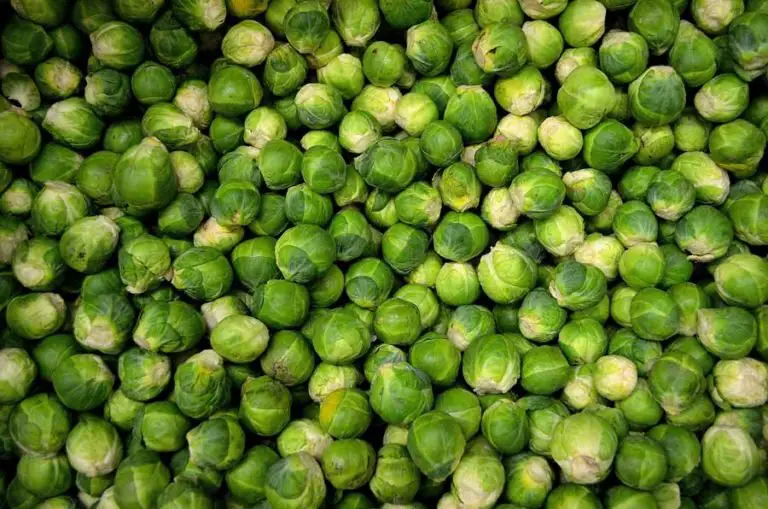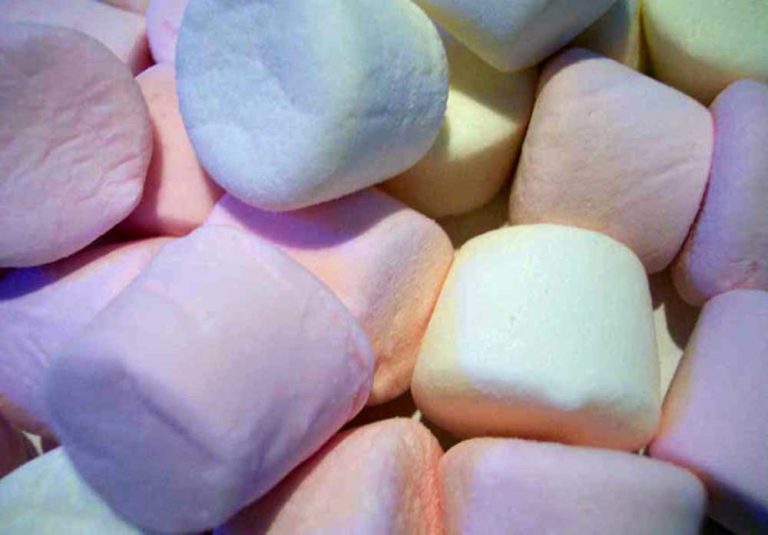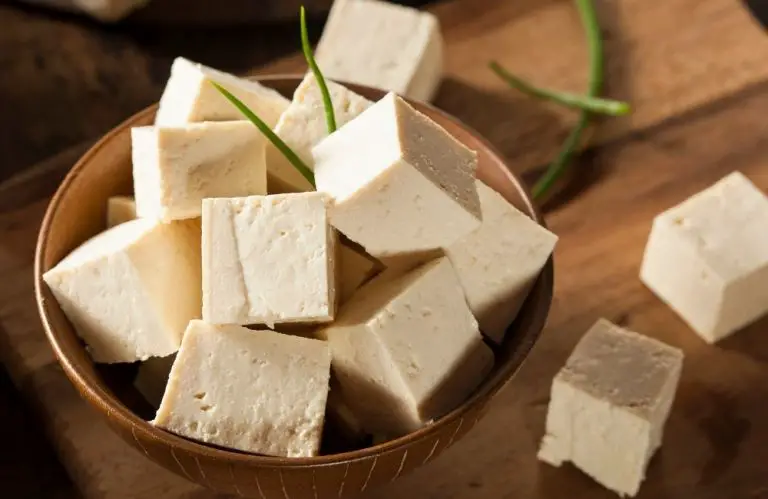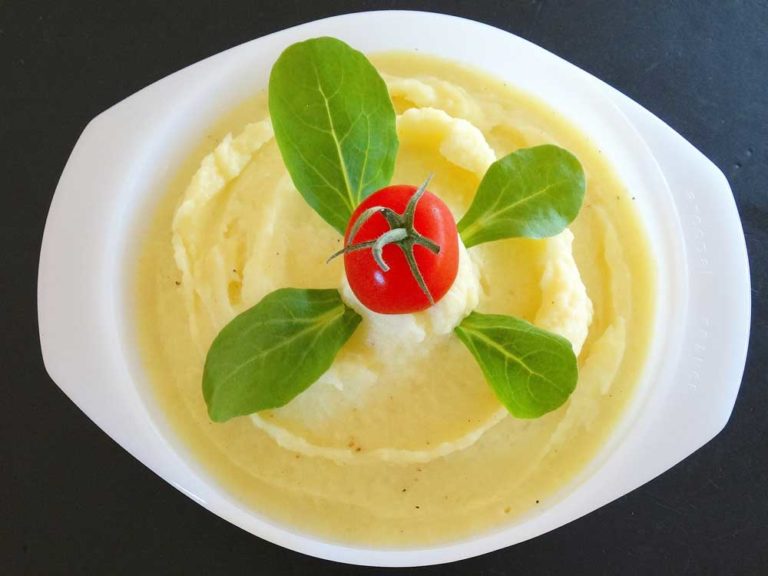Can Dogs Eat Pistachios: Are Pistachio Nuts Bad For Dogs?
The secret to the good health and well-being of a dog lies hugely in his diet. By feeding the nutritious food to your dog, you can easily keep him fit and contended as well. However, most of the time, dogs often tend to get bored by consuming the same diet pattern for a prolonged time. To avert your pet from getting bored with his diet and keep him delighted, you should make some variations in his diet. For this, you can introduce healthy and pet-friendly foodstuffs that can be given to your pet in moderation.
Can Dogs Eat Pistachios? Dogs can eat pistachios without shells in smaller quantities but not as a regular snack. The shells of the pistachio are quite hard which makes it difficult for the dogs to digest them. Also, make sure that the pistachios should be processed properly before feeding them to your pet. Generally, the pistachios contain Aspergillus mold, in which Aflatoxin is found that is considered to be toxic for the health of dogs.
Snacks such as pistachios can be given to the dogs to soothe their taste buds. However, there is an appropriate way of giving this delightful treat to your dog.
In this blog, we would try to explore more about whether dogs can eat pistachios or not. To gain a better understanding of the same, the following factors would be of great help.
Is There Any Nutritional Value of Pistachios?
As compared to the other snacks, Pistachios contain less than 6% of the daily recommended intake of saturated fat per serving. The fat content of this delightful snack consists of monosaturated fatty acids that are high on anti-inflammatory and antioxidant properties.
Also, the Pistachios are enriched with essential micronutrients such as vitamin B complex, calcium, iron, zinc, magnesium, selenium, and manganese. Apart from this, the Pistachios contain beta-carotene, vitamin E, copper, and phosphorus as well. However, results show that dogs might not get effective benefits from Pistachios as a part of diet supplements.
Calorific Value of Pistachios
One gram of Pistachio contains around 55.7 kcal in which there are 2.06 grams of fat, 1.03 grams of dietary fiber, 2.79 grams of carbohydrates, and 4.44 grams of fat. Although, the carbohydrate content in the Pistachio is not enough to fulfill the nutritional requirements of the dog; the fat content present in this snack gives a boost of energy to your pet.
If you are feeding roughly around 100 grams of Pistachios to your pet, it is equivalent to giving 44.44 grams of fat to your furry pal. However, you should not give Pistachios to your dog regularly; instead, feed him occasionally. Also, make sure to feed Pistachios in smaller quantities only as too much fat is not good for your furry pal.
Feeding The Right Quantity for Safe Consumption
Excess of any foodstuff is not good for your dog. Pistachios, being rich in essential micronutrients along with the fat content, are good for your pet only if it is given in a regulated manner. If you are giving Pistachios to your dog in higher quantities, then there are more chances of your pet becoming obese. Also, do not allow your pet to consume a couple of pistachios at one go as it can choke his throat.
However, if you are including Pistachios in the diet of your dog, it is very important to know the right quantity for the same. It is highly recommended that any snack that you are giving to your dog should not comprise more than 10% of his total diet. To make this snack safe for your pet, refrain from sprinkling salt, pepper, or any other seasoning on the Pistachios just for the sake of enhancing its taste as it could be detrimental for your pet’s health.
The Toxicity of this Delightful Snack
Though Pistachios are not completely toxic to your dog but are not a great healthy snack either that would add up to the good health of them. There are other snacks as well that are way far healthier and beneficial for your furry companion.
Apart from this, Pistachios contain oil and salt, which when consumed in higher quantities, are not good for the health of humans as well. The following are the certain compounds that are present in Pistachios due to which this snack is not completely healthy for pooches:
Phosphorus: This delectable treat contains phosphorus in great quantities that are considered to be the prime reason behind the development of bladder stones in dogs.
Urushiol Oil: Pistachios contain Urushiol oil that is toxic for both, humans and dogs as well. It is known to cause respiratory problems and dermatitis. Urushiol oil is said to be associated with Poison Ivy reactions that affect humans more than the dogs.
Although, ingestion of the Urushiol oil by the dog could lead to skin rash on the face and around the mouth. Due to such a painful rash, dogs tend to scratch themselves that can worsen the situation further.
Aflatoxin: It is a cancerogenic chemical that is mainly produced by the Aspergillus mold. It is generally present over the nuts that have been left in the damp environment for a prolonged time. Although, this chemical is harmful to humans as well; dogs are more sensitive to it.
The shell protects the nuts from this chemical but only till the time it is not broken or cracked. Consumption of chemically contaminated nuts by the dogs can cause liver disorders, anemia, and other gastrointestinal problems in them.
Wrap Up
Pistachios are not counted amongst the most suitable and safest snacks that can be given to dogs. There are a lot of options for pet-friendly foodstuffs that are way far better, healthy, and safer than the Pistachios. However, if you want to feed Pistachios to your pet, then make sure to limit the quantity and remove the shells as well.
If your pet encounters any sort of discomfort or health aliment after having Pistachios, then consult a good veterinary doctor at the earliest. After all, it is your topmost responsibility as a pet parent to give only the best diet to your dog that contributes to his good well-being.

